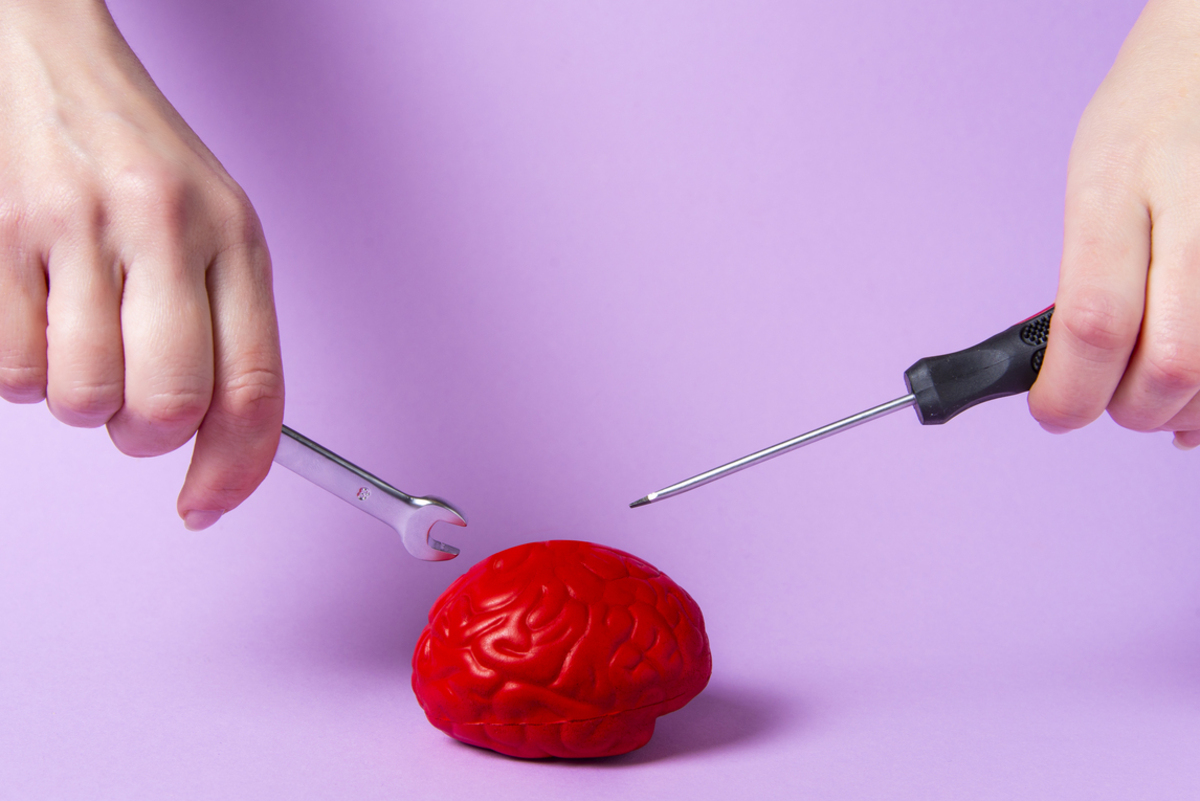Also known as psychedelics, hallucinogens comprise a wide range of perception-altering drugs that affect how you think, feel, and interpret your immediate environment. These drugs are classified into three groups, namely:
- Psychedelics
- Dissociatives
- Deliriants

Certain plants and mushrooms serve as hallucinogens, but some drugs that fall into this category are man-made. Throughout history, they have served various purposes in religion and for healing activities, but in recent times they've been used as recreational drugs.
In 2010, the number of lifetime psychedelic users amounted to nearly 32 million in the United States. And the 2013 NSDUH report shows that about 229,000 US residents aged 12 and up said they used LSD, while a further 33,000 chose PCP in the previous month.
Are LSD and other hallucinogens addictive?
Although not in all cases, research shows that some of these drugs have addictive tendencies and may lead to tolerance in users. While LSD is not classified as addictive, since it does not cause the user to exhibit drug-seeking behavior, this hallucinogen can create tolerance in some people. This means that they would have to ingest more and more of the drug to get a similar effect.
At present, not much is known about the addictive potential of DMT but it does not create tolerance. There are claims that ingesting it as Ayahuasca tea may trigger addiction, but this is yet to be proven. PCP is an addictive hallucinogen and causes withdrawal symptoms like headaches, sweating, and drug cravings in users who try to quit.
To determine how potentially addictive many hallucinogens are, more studies need to be conducted.
What causes addiction to hallucinogens?
Hallucinogens alter processes in your brain and body. As you use more and more of a hallucinogen, your brain adapts to its effects and over time, you begin to find it difficult to function without the drug in your system. If you continue to use the drug, you become dependent on it to a point where trying to stop using it causes you to experience withdrawal symptoms.
What are the signs and symptoms of a hallucinogen addiction?
Users who develop an addiction to LSD or other hallucinogens may begin to keep away from family and close friends, but associate more with other people who encourage the habit. Frequently breaking the law and becoming disinterested in their hobbies are some attitudes that may also surface. Hallucinogen abusers may develop financial issues due to excessive spending on drugs and paraphernalia. Their output at their place of work or at school may also suffer due to drug use.
The National Institute on Drug Abuse states some of the symptoms that may manifest in individuals who use hallucinogens include:
- An inability to communicate clearly
- Difficulty concentrating
- Panic attacks
- Impaired judgment
- Feelings of superiority, spirituality, and euphoria
- Hallucinations and sensations that may trigger violent defensive behaviors, as well as anxiety, depression, paranoia
- Dilated pupils, mostly in LSD users
- Increased heart rate and rapid breathing
- Cardiac arrhythmias, acute renal failure, rigid muscles, and seizures
- A higher body temperature especially when exhibiting combative behavior
- Behavioral fluctuations that occur rapidly (from violent behavior to sedation)
- Traumatic injuries resulting from perception-altering effects. Mostly during episodes of destructive behavior
- Death
Additional symptoms that may be seen, particularly LSD abusers, are:
- Agitation
- Psychosis
- Feeling confused and disoriented
- Dry mouth and nausea
- Trembling and tremors
- Mydriasis and tachycardia, as well as tachypnea
- Heightened sensations
- Flashbacks'
What are the effects of an addiction to hallucinogens?
Research shows that the heavy use of LSD may lead to changes in brain functioning. In some cases, users may show signs of brain damage, like impaired memory, mental confusion, a very short attention span, and an inability to process abstract thoughts. Whether these changes can be reversed is yet to be seen.
Hallucinogen abuse may also cause a user to feel drowsy, convulse, and fall into a coma. Ingesting PCP in very large doses may be fatal as it can trigger incessant convulsions, heart failure, and cause blood vessels to rupture in the brain. This drug may lead addicts to exhibit bizarre behavior or act in ways that they normally would not. This increases the risk of users dying in accidents or burns. They may also drown or experience fatal falls. When users experience episodes of fear and paranoia, they may exhibit aggression or withdraw themselves. Communicating their thoughts in a clear manner is most times a problem, as well.
While hallucinogenic experiences are known as “trips”, negative experiences in this state are called "bad trips". Lasting anywhere from a couple of minutes to many hours, the effects of bad trips can be scary, inducing fright and terror. At this point, users are likely to experience feelings of helplessness, panic, anxiety, confusion, as well as a loss of control and paranoid feelings.
In the long term, addiction to hallucinogens can lead to hallucinogen persisting perception disorder and psychosis. Even after trips are over, some users continue to experience a distortion in their realities and still find it challenging to communicate. Processing rational and abstract thoughts pose a challenge, as well. In cases of HPPD (also called flashbacks), a user still feels the effects of the drug even if they do not ingest it again. This condition is associated with long-term visual disturbances. Some people who quit hallucinogens may still experience this effect even after many years.
Treatment for hallucinogen addicts
At present, no medication has been approved to manage and treat hallucinogen addiction. This condition is more psychological than physical. However, many patients can recover by seeking help through rehab treatment programs. These programs are designed to give addicts intensive behavioral therapy as well as educate them on the best ways to avoid relapsing. Individual cognitive behavioral therapy can also help, along with 12-step programs.
- Photo courtesy of SteadyHealth
- www.drugabuse.gov/publications/drugfacts/hallucinogens
- www.drugabuse.gov/publications/research-reports/hallucinogens-dissociative-drugs/what-are-facts-about-dissociative-drugs
- www.drugabuse.gov/publications/research-reports/hallucinogens-dissociative-drugs/why-do-people-take-hallucinogens
- www.ncbi.nlm.nih.gov/pmc/articles/PMC3917651/


Your thoughts on this